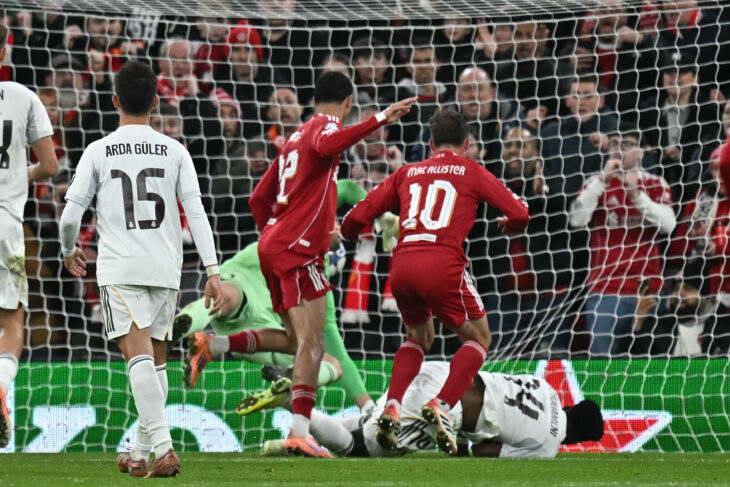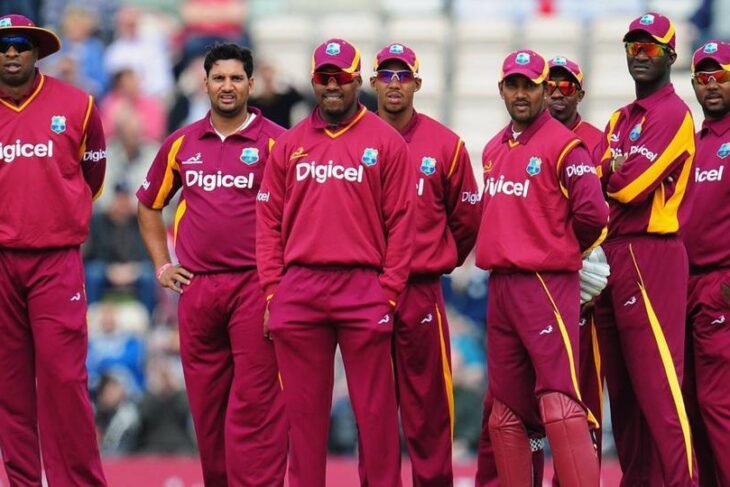
Jamaica is a country ideally suited to sustain a thriving sports industry. A nation which remains top in various track and recently, field events, a country immersed in the history and legacy of cricket in all formats, a land which eats and breaths football, a country which dominates in netball. Jamaica is not short of reasons to slide into the lucrative sector which is sports.
Jamaica is, in case we have forgotten, situated some 180 KM from the US which has dedicated spring and summer sports (such as baseball) which could easily come to Trelawny and use the Multipurpose stadium for warm weather winter training. The possibilities of this are endless and have been touched on by many eminent scholars and sports administrators, and the benefits are apparent. However, almost 20 years since the country hosted the eventful and memorable Cricket World Cup, Jamaican sports tourism and what it offers remains a pipe dream.
The refusal to take advantage of this industry is baffling at first glance. How and why would the government (both parties) and the private sector shy away from a multi-billion-dollar industry? The question becomes more pressing when the nation’s sporting achievements are represented as something that both brings the country together as well as bringing in dollars?
The refusal to enter this arena, an arena which would bring joy to an apathetic public, as well as financial benefits to the country are, if we are honest, because we still by and large, view sports as a pastime, an extracurricular activity, and not something which is professional that has the potential to bring in much money.
This should not be news to anyone who has cared to view the situation. Take for example the nation’s various football clubs. Again, almost 20 years since the attempt to professionalise them they remain in some semi-professional limbo. Stadium entry is not regulated. Fans are allowed to come and go as they please with no requirement to pay for entry and pitches look like areas where goats would be embarrassed to call pasture.
Apart from hindering the local game by denying players pitches to develop on, and clubs an income stream so they can better look after players, we also deny ourselves the opportunity of hosting Brighton and Hove, Standard Liege, or Nice for pre-season camps. Instead, they venture to Florida, Dubai, or some South American country.
The refusal to see sports in the 21st century for what it is, expands beyond the obvious benefits to clubs and communities that would play host to touring teams. The only sports college in the English-speaking Caribbean, the GC Foster College, also loses out in a major way which has ripple effects on the nations sporting prowess.
The college, which sits on acres of land and in truth has been used well, could easily become to the Caribbean what the Australian Sports Institute has been and remains, an institute at the cutting edge of sports, producing not just world-class coaches, but also ensuring that there is a pool ready for export.
If we accept that sports, more than any other industry has been, currently is, and will always be global and therefore fluid in where people find work, then the promotion of the country’s sporting brand is needed.
The truth is we have not taken this seriously and as a result, our sports remain in a backwards area. Because of how we view sports it has taken a man from the UK to take over a local football club in order to promote an academy.
The same can be said for all our sports where no love has been shown to them. How many dedicated netball courts like the one at the National Stadium do we have? How many synthetic tracks? The list goes on, but again the truth is that while much blame should be apportioned to the state even more should be apportioned to the private sector which once again has shown no vision and prefers navel gazing rather than action.
In an era, which has seen sports move to becoming a global money spinner, our business class has dawdled. Rather than do what was done in the Dominican Republic and invest in sports tourism, we have chosen to focus on areas that every destination can lay claim to, sun, sand, and sea. We are the land of Headley, of Delapenha, of Bolt and rather than leverage that to our advantage to create a sporting industry that makes use of our outsized influence, we do nothing.
If we are going to engage in the tourism industry, an industry which is always looking for the next new thing, then it is illogical to not take advantage of this. Will it require state investment and push, sure but this is one field where the state cannot take the lead simply because of how the various governing bodies look down upon overt state influence in sporting matters.
Sports in this country will live and die by the actions of the private sector, the industry will flourish or not get off the ground based on their actions and not so much that of the state. Will we be here in another 20 years still saying how much potential the industry has or will we have fully taken advantage of an industry which seems tailor-made for us? Hopefully, the business class which has up to now refused to act will promote this industry.



